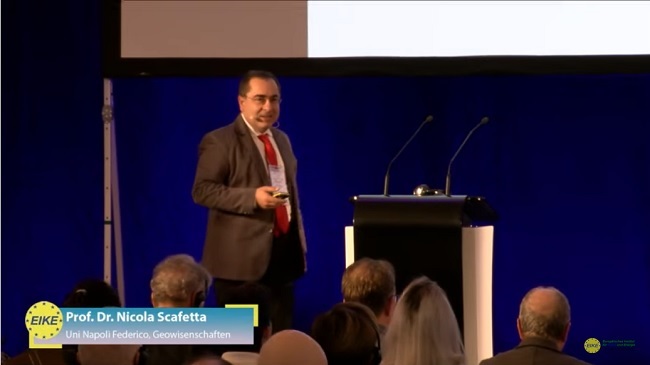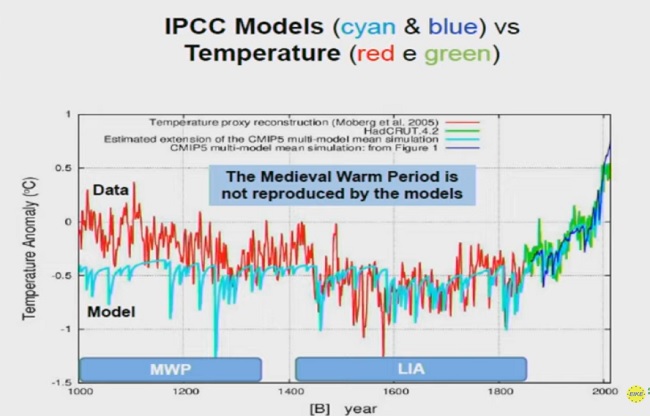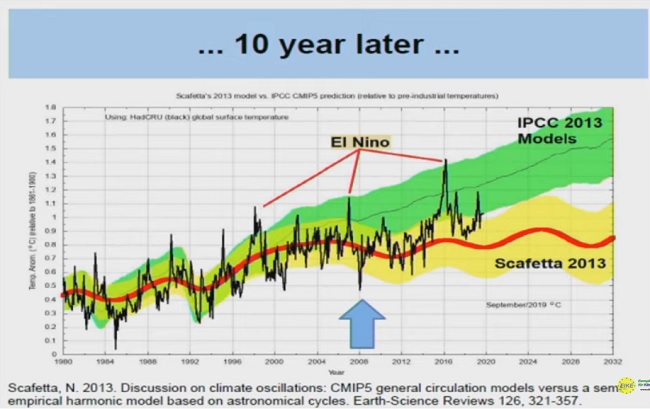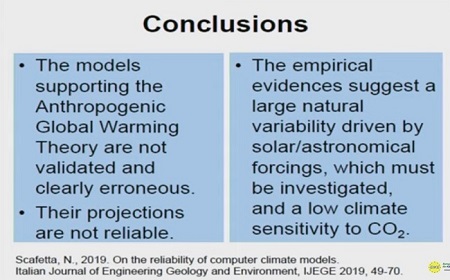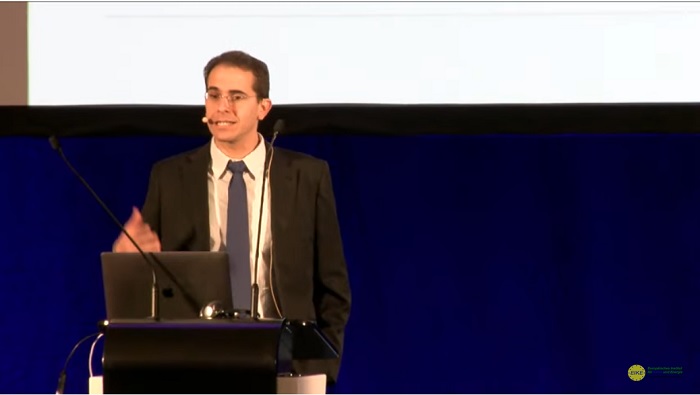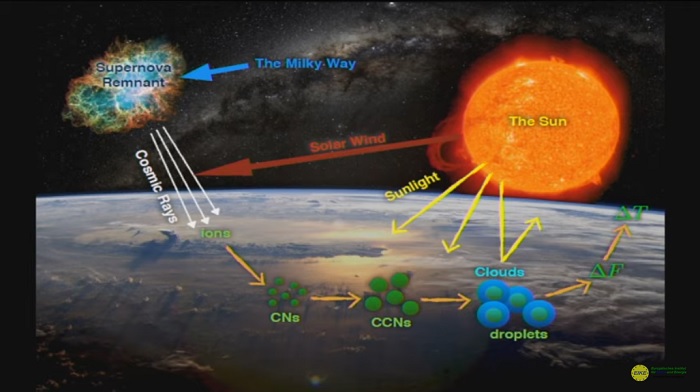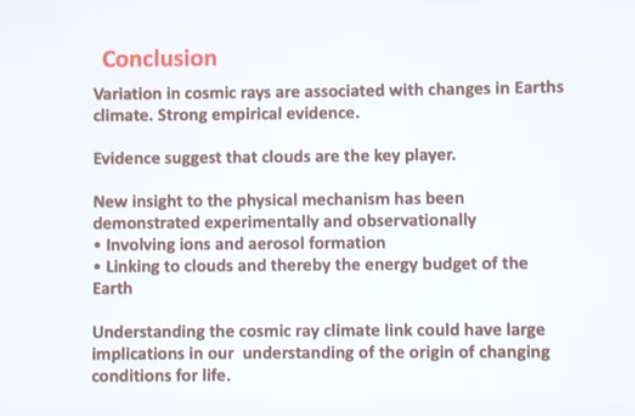- Joined
- Jan 28, 2013
- Messages
- 94,823
- Reaction score
- 28,342
- Location
- Williamsburg, Virginia
- Gender
- Male
- Political Leaning
- Independent
Here Nir Shaviv makes an argument for the climate paradigm that threatens to supplant the current consensus.
The End of the Current Climate Consensus?
First and foremost, I claim that the sun has a large effect on climate and that the IPCC is ignoring this effect. This I showed when I studied the heat going into the oceans using 3 independent datasets - ocean heat content, sea surface temperature, and most impressively, tide gauge records (see reference #1 below), and found the same thing in a subsequent study based on another data set, that of satellite altimetry (see reference #2 below). Note that both are refereed publications in the journal of geophysical research, which is the bread and butter journal of geophysics. So no one can claim it was published in obscure journals, yet, even though the first paper has been published already in 2008, it has been totally ignored by the climate community. In fact, there is no paper (right or wrong) that tried to invalidate it. Clearly then, the community has to take it into consideration. Moreover, when one considers that the sun has a large effect on climate, the 20th century warming is much better explained (with a much smaller residual). See reference #3 below, again refereed). . . .
As I said above, we now know from significant empirical data where the solar climate link comes from. It is through solar wind modulation of the galactic cosmic ray flux which governs the amount of atmospheric ionization, and which in turn affects the formation of cloud condensation nuclei and therefore cloud properties (e.g., lifetime and reflectivity). How do we know that? . .
One should be aware that we are still missing the last piece of the puzzle, which is to take the various mechanisms, plug them into a global aerosol model and see that there is a sufficiently large variation in the cloud condensation nuclei. This takes time, but compared with the aforementioned examples of genetics, neutrinos or dark matter, it will definitely take us much less to provide this last piece, but in any case, the evidence should have forced the community to seriously consider it already.
Nonetheless, even with the above large body of empirical evidence, the link has been attacked left and right. A really small number has been valid and interesting, but not to the extent to invalidate the existence of a cosmic ray climate link, just to modify our understanding of it. The rest has been mostly bad science, as I exemplify below. . . .
The End of the Current Climate Consensus?
First and foremost, I claim that the sun has a large effect on climate and that the IPCC is ignoring this effect. This I showed when I studied the heat going into the oceans using 3 independent datasets - ocean heat content, sea surface temperature, and most impressively, tide gauge records (see reference #1 below), and found the same thing in a subsequent study based on another data set, that of satellite altimetry (see reference #2 below). Note that both are refereed publications in the journal of geophysical research, which is the bread and butter journal of geophysics. So no one can claim it was published in obscure journals, yet, even though the first paper has been published already in 2008, it has been totally ignored by the climate community. In fact, there is no paper (right or wrong) that tried to invalidate it. Clearly then, the community has to take it into consideration. Moreover, when one considers that the sun has a large effect on climate, the 20th century warming is much better explained (with a much smaller residual). See reference #3 below, again refereed). . . .
As I said above, we now know from significant empirical data where the solar climate link comes from. It is through solar wind modulation of the galactic cosmic ray flux which governs the amount of atmospheric ionization, and which in turn affects the formation of cloud condensation nuclei and therefore cloud properties (e.g., lifetime and reflectivity). How do we know that? . .
One should be aware that we are still missing the last piece of the puzzle, which is to take the various mechanisms, plug them into a global aerosol model and see that there is a sufficiently large variation in the cloud condensation nuclei. This takes time, but compared with the aforementioned examples of genetics, neutrinos or dark matter, it will definitely take us much less to provide this last piece, but in any case, the evidence should have forced the community to seriously consider it already.
Nonetheless, even with the above large body of empirical evidence, the link has been attacked left and right. A really small number has been valid and interesting, but not to the extent to invalidate the existence of a cosmic ray climate link, just to modify our understanding of it. The rest has been mostly bad science, as I exemplify below. . . .
Last edited:


